Implementing assessment according to the new general education program (2018), Circular No. 24/2024/TT-BGDDT and Circular No. 30/2024/TT-BGDDT of the Ministry of Education and Training continue the "tradition" of the 2006 program, determining the scope of the exam mainly focusing on the grade 12 program with the high school graduation exam and on the grade 9 program with the grade 10 entrance exam.
Some expert notes in the media also have a similar orientation.
In particular, recently, teachers from many places sent me a document used for training on creating high school graduation exam questions organized by the Department of Quality Management (Ministry of Education and Training), the training subjects are key teachers from provinces and cities across the country.
Some important guidelines on the scope of questions in this document are also consistent with the above provisions of circulars and expert notes.
At the end of the document, the drafting group proposed: “The Department of Quality Management (Ministry of Education and Training) should save this conclusion document in the Department’s file as an official reference document for the Ministry’s graduation exam committee/team every year. Consider this a legal document to disseminate and implement review instructions for students.
This is also the basis for compiling high school graduation exam questions from central to local levels; ensuring consistency in requirements and orientation in assessing literature learning outcomes nationwide."
That proposal proves that this is a very important document. Therefore, it has a very far-reaching impact. If there is any mistake, it will have long-term consequences.
However, comparing with the actual exam questions, it can be seen that the orientation of the exam scope from the Circular of the Ministry of Education and Training to the instructions of experts all need to be adjusted.
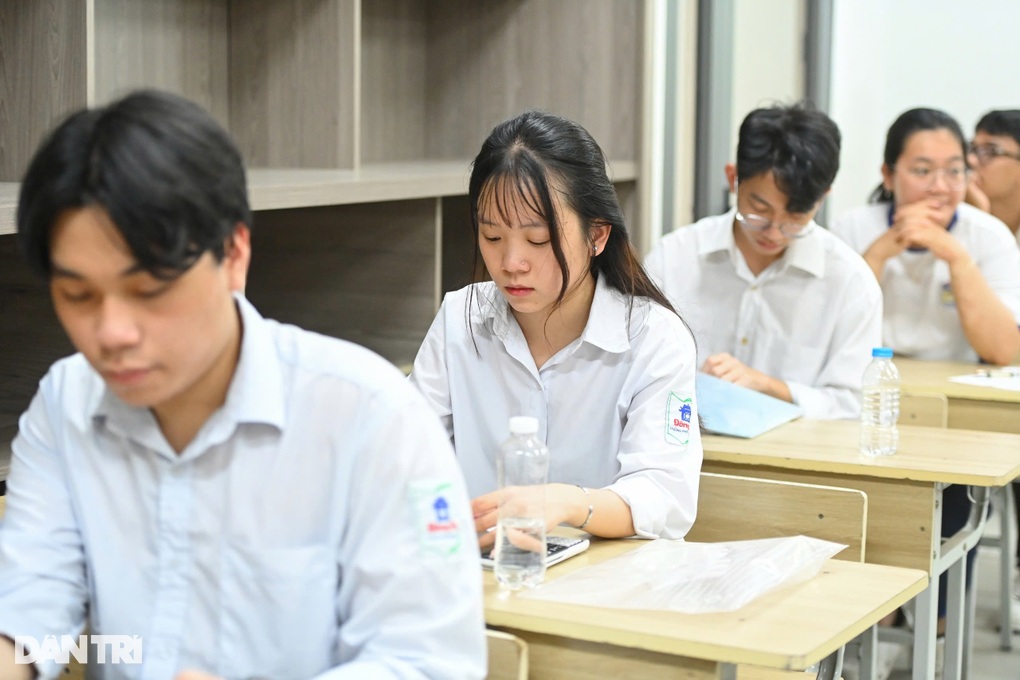
Candidates taking the 2025 high school graduation exam in Hanoi (Photo: Hai Long).
The content of the high school graduation exam in literature is inconsistent with the scope of the exam.
The 2025 high school graduation exam has the same structure as the sample exam announced by the Ministry of Education and Training, especially the second sample exam.
The Reading Comprehension section (4 points) has an excerpt from a short story and 5 questions/requests. The Writing section has a literary essay (2 points) and a social essay (4 points). Both writing sections have content connected to the Reading Comprehension section.
The most significant difference between the two exams is that the second sample exam has reading materials in the poetry genre, while the actual exam has reading materials in the short story genre.
Coincidentally, the high school graduation exam and the 10th grade entrance exam of some provinces and cities such as Hanoi, Ho Chi Minh City, etc. all choose reading comprehension materials and writing content that are connected to the topic, helping students to do the test more easily.
Along with the reading comprehension question system, this way of designing the test helps teachers and students avoid the misconception that teaching literature according to the new program only requires attention to genre, a fairly common misconception that during the training process, we often have to remind ourselves over and over again to avoid going from one extreme (not paying attention to the genre characteristics of the text) to the other extreme (thinking that teaching literary works only requires focusing on the issue of genre).

Candidates were happy when they finished the literature exam on the morning of June 26 (Photo: Thanh Dong).
Only the social argumentative essay (4 points) can be considered a type of essay specified in the 12th grade program. When the number of high school graduation exams is large enough, we will have a statistical result similar to the 10th grade entrance exams: the content of the exams is significantly not part of the final grade program.
Second, the training document instructs: “Vietnamese questions need to pay attention to Vietnamese knowledge units learned in grade 12, then the scope of grades 11, 10 and lower grades (especially rhetorical devices). Note that the requirement requires at least 1 Vietnamese sentence, 1 Vietnamese unit can be related to all 3 levels depending on how the requirement is stated…”
Because it is necessary to stick closely to the reading comprehension material, questions about Vietnamese do not necessarily have to be consistent with the Vietnamese knowledge in the program of the class just studied (of course, it is impossible to ask about Vietnamese knowledge in the program of the upper class, which students have not studied yet).
In the 12th grade Literature program, the Vietnamese section only has a limited amount of knowledge. Therefore, the instruction “pay attention to the Vietnamese knowledge units learned in 12th grade” is meaningless. Students need to review the skills of applying Vietnamese knowledge from all the classes they have studied, including Primary school.
And that is the right direction according to the requirements for assessing learners' language proficiency. In the 2025 high school graduation exam, the question about Vietnamese is related to knowledge in primary school (comparative rhetorical device).
By the way, the guideline "can be related to all 3 levels depending on how the request is stated" is also incorrect.
The Vietnamese language questions should be at level 2 (understanding, more precisely, analyzing and reasoning), not at level 1 (recognizing) because the recognition questions only assess knowledge, which is not in line with the assessment orientation of Vietnamese language skills, and should not be at level 3 (application) because the application questions should be for the results of reading the entire text, connecting the text content with the students' personal lives and experiences, not specifically for Vietnamese language knowledge.
It should be noted that the question of applying Vietnamese knowledge to read and understand a text should not be confused with the question of applying in reading and understanding a text in general. They are not the same thing, although they both have the word "apply".
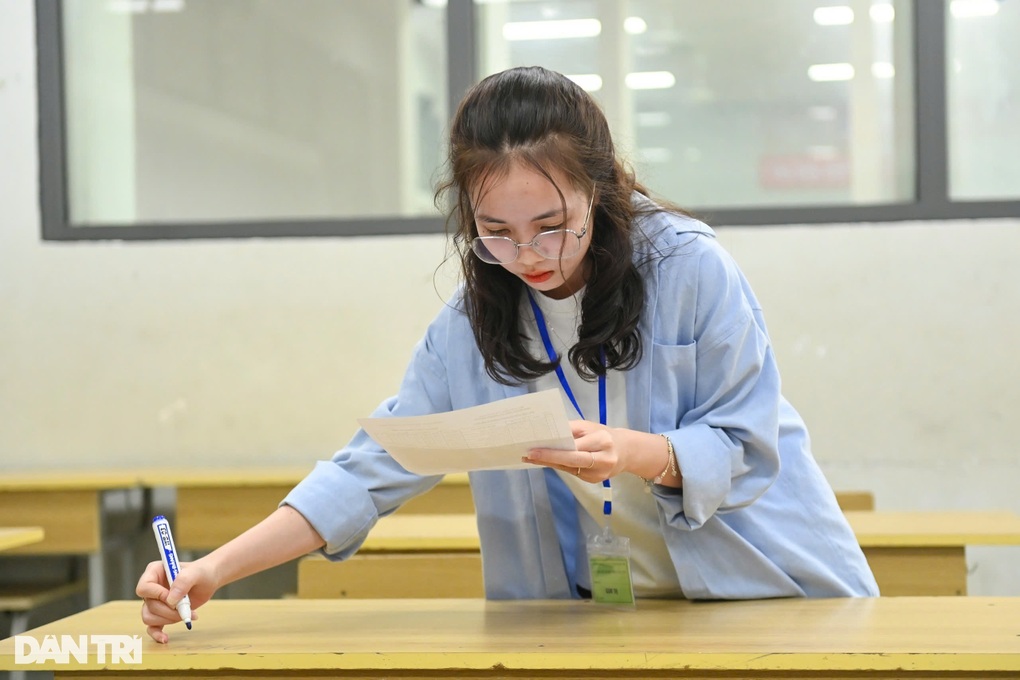
Teachers working as exam invigilators at the 2025 high school graduation exam (Photo: Hai Long).
Of the 57 provinces and cities, only Hai Phong has 10th grade entrance exam questions that focus on the 9th grade program, so how should the scope of Literature exam questions for 10th grade be limited?
The recent reality of 10th grade Literature entrance exams also shows that the orientation of the exam scope focusing mainly on the 9th grade program is no longer appropriate.
Statistics of 57 entrance exams for grade 10 nationwide show that only 13 Reading Comprehension questions used materials from the type and genre of text in the grade 9 curriculum. The remaining 44 questions used materials from the type and genre of text not in the final grade curriculum.
The Vietnamese section has only 4 questions related to Vietnamese knowledge in grade 9, 18 questions related to Vietnamese knowledge in other grades of secondary school, 35 questions related to Vietnamese knowledge in primary school, 2 questions related to Vietnamese knowledge in grade 10, which is "beyond the program".
The Writing section has 43 essay questions that require writing argumentative essays based on the 9th grade curriculum, including 38 social essays and 5 literary essays. 14 essay questions that require writing argumentative essays are not based on the 9th grade curriculum, meaning they are not essays about a problem that needs to be solved.
The writing section, as I mentioned in a previous post, has a variety of test designs, not necessarily sticking to a specific type of essay in a class. And that is an acceptable implementation.
Of the 57 exam questions, only Hai Phong's exam required reading comprehension, language practice, and essay writing completely within the 9th grade curriculum.
Specific analysis can show more clearly the shortcomings of the orientation of the scope of questions mainly in the final grade program.

Candidates check answer information after the exam (Photo: Hai Long).
If limited to the 9th grade program, literary texts only have the following genres: Nom poems, legends, detective stories, seven-seven-six-eight poems, and tragedies. In addition, there may be eight-word poems, due to the requirements of the Writing section, so they can also be considered within the reading comprehension scope of the 9th grade program. Keywords such as "free verse", "six-word poems", "seven-word poems", "short stories" do not appear in the reading comprehension requirements of the final grade program.
Regarding Vietnamese, although the knowledge content in the 9th grade program is quite rich, finding reading comprehension materials to be able to ask questions about Vietnamese within the scope of knowledge in 9th grade is not easy.
As mentioned above, statistics show that in 57 exam questions, there are only 4 questions related to Vietnamese knowledge in grade 9.
If according to the old assessment method, the exam only needs to introduce new material from outside to test a predetermined Vietnamese knowledge, then limiting it to the 9th grade program is completely feasible. In addition, the old 9th grade program has content to review Vietnamese knowledge for the whole secondary school level, so it is even more convenient.
But for the ability assessment requirement, the test needs to place language units and phenomena in a real-life context (reading comprehension text), so the question about Vietnamese depends entirely on the reading comprehension text.
That makes limiting Vietnamese knowledge to grade 9 or any grade below grade 9 have no proper orientation value for teachers and students, and candidates may even feel cheated because the test content is not within the scope of the published test.

The 2025 high school graduation exam has more than 1.13 million candidates taking the exam according to the 2018 program (Photo: Hai Long).
By the way, here are some suggestions: in addition to recognizing and stating the effects or functions of some phenomena and Vietnamese units that the exam questions have exploited, it is necessary to give students the opportunity to recognize and evaluate the nuances of the meaning of words and the choice of words in a text; sometimes students can be asked to explain the meaning of an idiom, an allusion, some Sino-Vietnamese words, the implied meaning of a sentence...
Instead of explaining all the difficult words in the reading text, you can test students' vocabulary by asking them to explain the meaning of some difficult words and find synonyms and antonyms for those words.
These requirements not only meet the assessment orientation of students' language skills but can also be applied to many reading comprehension texts, helping test makers have appropriate Vietnamese questions in many situations.
Regarding Writing, the above statistics show that this is the part of the exam that most closely follows the 9th grade curriculum. However, there are still 14 exam questions that require writing social argumentative essays that are not part of the 9th grade curriculum but are in lower grades.
In each year, to reduce the pressure of exam preparation for students, each province and city can limit the scope of exam questions to certain types and genres of reading comprehension texts and certain types of writing, but should not limit the scope of exam questions to the curriculum of a grade, including grade 9.
It should be made clear that limiting the scope of exam questions should not be considered an encouraging approach. It is only a temporary solution when students are not really familiar with the new curriculum and textbooks.
In short, there needs to be a more appropriate and correct orientation regarding the scope of exam questions for the high school graduation exam and the 10th grade entrance exam. We should not use assessment habits from the old program to implement assessment according to the new program.
If there is any officially issued training document that directs the scope of exam questions to focus on the final grade, it needs to be considered for adjustment, at least for Literature and I think not only for Literature, because this direction is not in line with the spirit of assessing students' abilities of the 2018 General Education Program.
This year's high school graduation exams and 10th grade entrance exams of provinces and cities have proven that this orientation is not suitable for reality.
Associate Professor, Dr. Bui Manh Hung
(Chief Coordinator, 2018 General Education Program Development Board
Chief Editor of Vietnamese Language and Literature Textbook,
book series "Connecting knowledge with life")
(*) Readers are invited to read the full text of the article by Associate Professor, Dr. Bui Manh Hung here.
Source: https://dantri.com.vn/giao-duc/nen-gioi-han-pham-vi-ra-de-thi-mon-ngu-van-nhu-the-nao-20250627011111641.htm



![[Photo] Prime Minister Pham Minh Chinh chairs meeting of National Steering Committee on International Integration](https://vphoto.vietnam.vn/thumb/1200x675/vietnam/resource/IMAGE/2025/8/26/9d34a506f9fb42ac90a48179fc89abb3)
![[Photo] Brilliant red of the exhibition 95 years of the Party Flag lighting the way before the opening](https://vphoto.vietnam.vn/thumb/1200x675/vietnam/resource/IMAGE/2025/8/27/e19d957d17f649648ca14ce6cc4d8dd4)


![[Photo] Many people eagerly await the preliminary review despite heavy rain](https://vphoto.vietnam.vn/thumb/1200x675/vietnam/resource/IMAGE/2025/8/27/4dc782c65c1244b196890448bafa9b69)











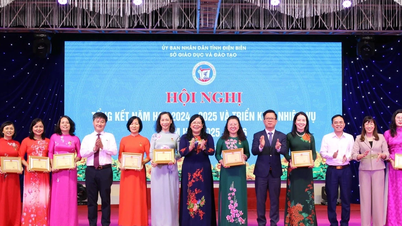


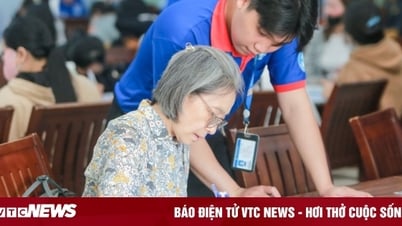












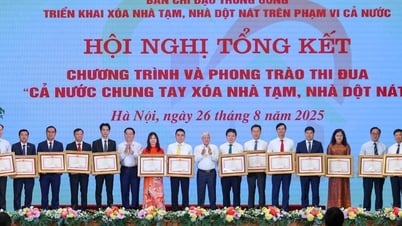

![[Photo] Prime Minister Pham Minh Chinh receives CEO of Samsung Electronics](https://vphoto.vietnam.vn/thumb/1200x675/vietnam/resource/IMAGE/2025/8/26/373f5db99f704e6eb1321c787485c3c2)
























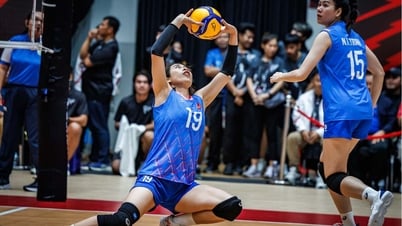




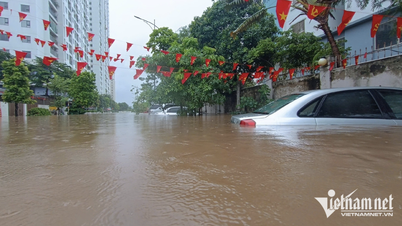
![[Photo] General Secretary To Lam attends Meeting with generations of National Assembly deputies](https://vphoto.vietnam.vn/thumb/402x226/vietnam/resource/IMAGE/2025/8/27/a79fc06e4aa744c9a4b7fa7dfef8a266)
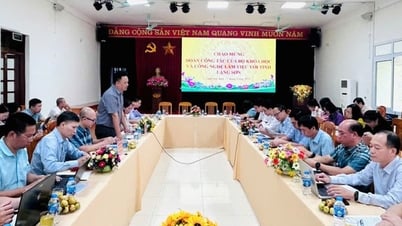













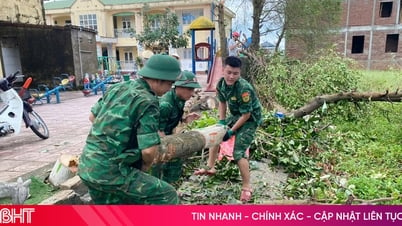
















Comment (0)